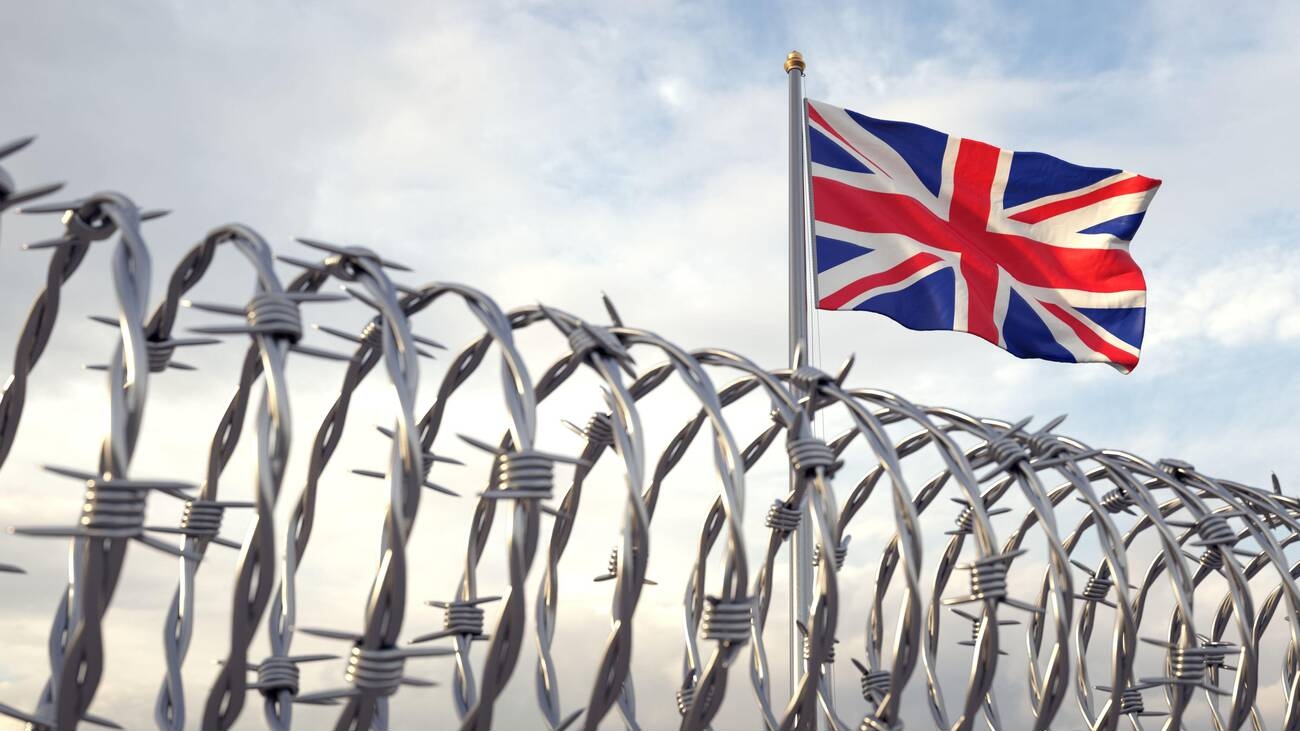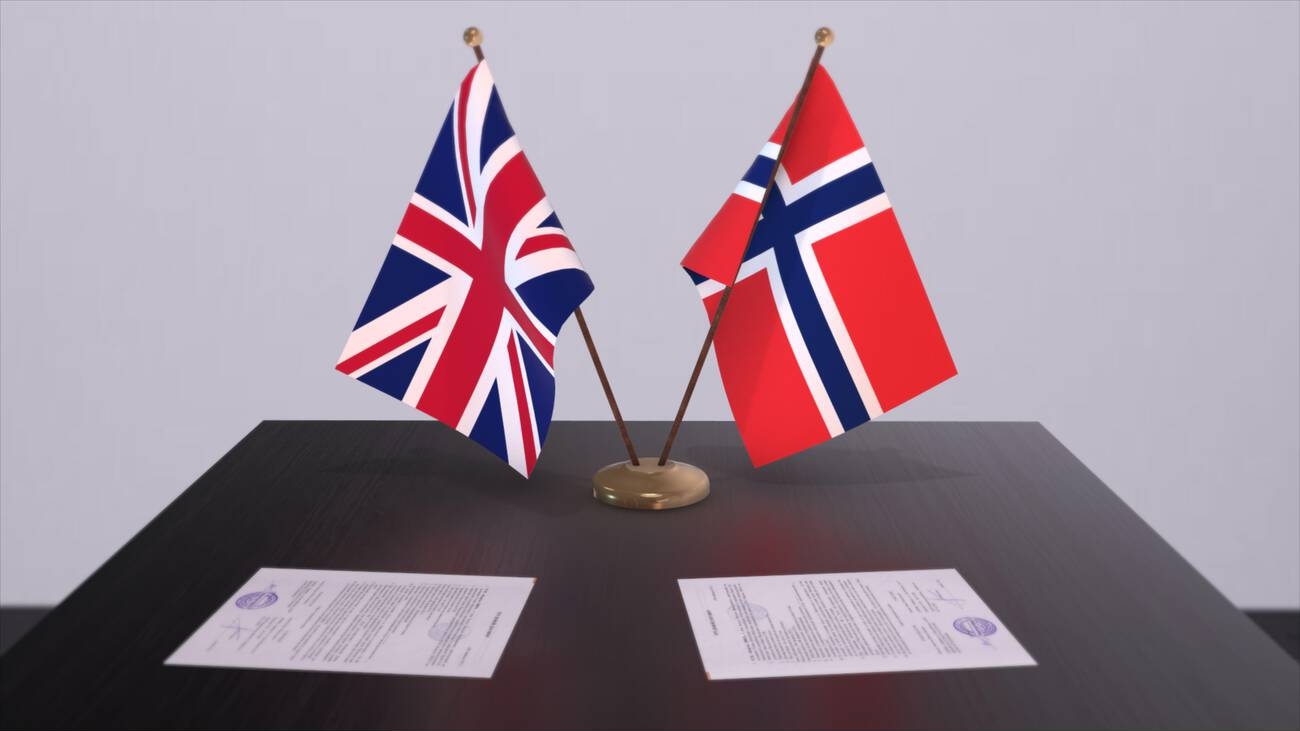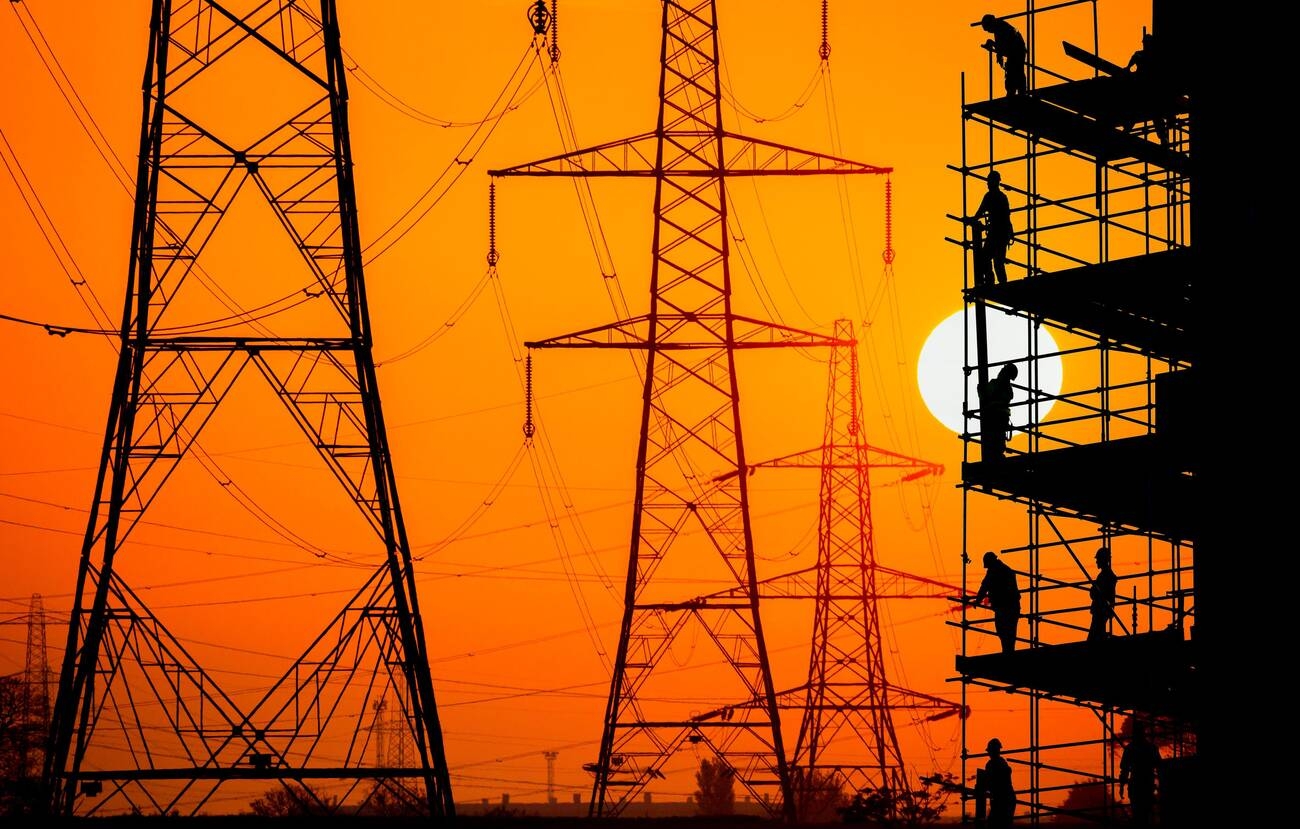Tighter UK Immigration Policy Sparks Security and Human Rights Concerns
In 2025, the UK immigration policy grew more restrictive as the government responded to rising public concern over uncontrolled

In 2025, the UK immigration policy grew more restrictive as the government responded to rising public concern over uncontrolled migration. Mass small boat crossings, an increasing asylum backlog, and pressure on public services prompted the Home Office to make further drastic alterations. These are punitive offending states that deny repatriation or deportation of citizens by suspending or withdrawing visas. It is an enforcement-oriented policy. It calls for exercising sovereignty and breaking up smuggling rings.
Visa Sanctions on Non-Cooperative States: A Diplomatic Gamble with Economic Costs
Opponents have raised concerns about its potential effects. They believe it will be a disaster for the UK economy, its international reputation, and the promotion of human rights enforcement. The most significant feature of the UK’s new immigration policy is its proposal to exclude visa entry for countries that do not cooperate with the UK. These countries do not accept their own citizens. Home Secretary Shabana Mahmood claimed that “there must be consequences for countries that won’t play ball.” The government has so far declined to publicly name the targeted countries. Media outlets have, however, speculated that the list includes dozens of nations from Sub-Saharan Africa and South Asia. They are among the largest senders of foreign engineers, care workers, and students. The hardline approach of the policy is intended to deter other nations. It could, however, lead to diplomatic crises, retaliation, and fewer development agreements unless pursued diplomatically.
30,000 Crossings: A Catalyst for Tougher Enforcement
A recent increase in October’s secret crossings has accelerated the policy shift. More than 30,000 have crossed so far this September 2025 into the English Channel—double the number for the entire year of 2024. Human-trafficking gangs plan the trips in detail. They lure vulnerable migrants with false promises of protection and non-existent jobs. The authorities reacted by stationing patrols in the Channel and sending an additional 500 enforcement officers. They also increased collaboration with France and Belgium. Removals have increased significantly, according to the Home Office. Ever since the July 2025 general election, the UK has removed over 24,000 individuals. It is a 24% rise from last year. Indications are a firm approach under the UK’s illegal immigration policy.
Five Eyes Alliance: United Against Smuggling
UK immigration policy is increasingly tied to international security deals. The Five Eyes ministers (from the US, UK, Canada, Australia, and New Zealand) agreed to coordinate their campaigns against people-smuggling syndicates at a recent gathering in London. The Five Eyes countries committed themselves to sharing real-time intelligence, conducting joint police operations, and applying pressure on online giants that facilitate smuggling. It is the largest to date on the Five Eyes agenda for immigration implementation, and it continues the trend of shifting priorities from anti-terrorism to migration as the top priority. The experts caution that cooperation must not come at the expense of due process and the safeguarding of genuine asylum seekers.
Effect on Vulnerable Groups and Skilled Immigrants
Since the state is executing the policy against criminal syndicates, in the end, it will be strangling the vulnerable. Irregular immigrants are impoverished and vulnerable. They have escaped war, persecution, or poverty and do not constitute the threat politicians would suggest. Even those who need protection most through the provision of asylum are vulnerable to deportation. This occurs when they come from so-called low-return cooperation states.
Additionally, visa reductions amount to denying legally working, qualified citizens of the country the right to work. The NHS, with 30% of its physicians and 16% of its nurses being foreign-born, would also face even wider gaps. Construction, tourism, and IT all depend equally on foreign labour. Restrictive immigration policies can also indirectly harm such firms. International students are probably the most contentious part of the policy.
Economic Cost of a Restrictive Migration System
Despite the UK immigration policy being designed to alleviate the burden on public services, all economists concur that the policy itself is imposing the burden, which is currently in place. There are more than 1.1 million job vacancies in the UK today. There are tens of thousands of these in the healthcare, logistics, agricultural, and IT industries. Immigrants and visa-restricted citizens will be well-positioned to occupy the most senior positions. They predominantly came from the Philippines, India, and Nigeria. Closing such pools of staff can create gaps, drive up wages, reduce productivity, and delay major plans in the health and infrastructure sectors. Diplomatic Fallout and Reputational Risk: Utilising visa sanctions as a political instrument will yield domestic political dividends at the expense of short-term ill health.
Diplomatic Retaliation and Legal Risks: The Global Fallout of UK Immigration Policy
Nations hit by the UK’s immigration sanctions may respond in kind, restricting student exchanges or curbing trade relations. British visitors, businesspeople, and diplomats are at risk. Apart from this, another human rights organisation also threatened that the UK immigration policy would constitute a breach of international law under the 1951 Refugee Convention and the European Convention on Human Rights. Other MPs, including Labour hard-left constituency members, have spoken to Parliament to stand in for their demand for safer and kinder options. They call for increased investment in legal migration routes and country resettlement programs.
The “One In, One Out” Trade with France
France and Britain reached a pilot deal in August 2025. Britain would return up to 50 unauthorised migrants a week under the accord and receive an equal number of processed asylum seekers returned from France. “One in, one out” is for maintaining control and fulfilling the duty of care. However, with more than 160,000 accrued asylum claims in the UK, to all outside observers, this appears to be tokenism.
Beyond Deterrence: Structural Reform as the True Solution to Migration Problems
Policy-makers believe that there must be structural reform, such as quicker decision-making and the creation of clear legal points of entry. The primary objective of the UK immigration policy is to be moral and to act accordingly. The policy of today is to be “tough” on immigration, but reactions require more than deterrence peddled up last. Providing safe and lawful routes, making faster and earlier asylum decisions, and utilising foreign assistance to deter the drivers of migration would be more effective. Otherwise, the UK will place vulnerable individuals on more perilous paths and risk harming its own humanitarian values. The challenge is whether the state will manage to shut its border but not its doors to intelligence, difference, and world citizenship.
A Policy at Crossroads
The UK’s 2025 migration policy is a dramatic shift towards enforcement, deterrence, and pressure abroad—Migration at a Crossroads: Control or Credibility. In the era of visa control, intelligence sharing, and waves of removals, the UK arrives in the age of control. But at a price—the economic, diplomatic, and moral cost has to be paid. With the nation in need of workers, backed up by asylum seekers, and possessing an international reputation, it must consider whether this is something to be taken into account. What happens within the next year will determine whether the UK can maintain its openness, justice, and international credibility.









